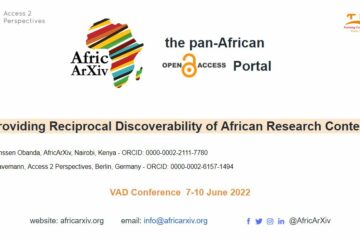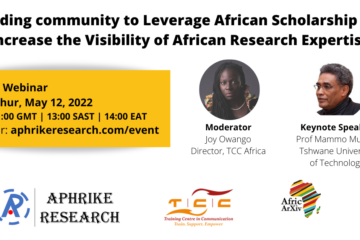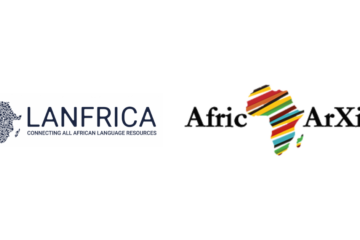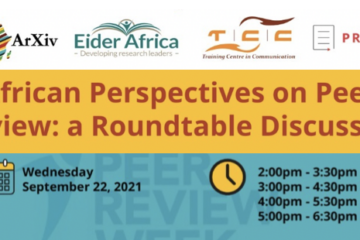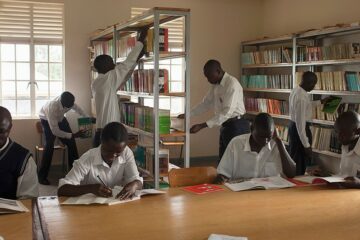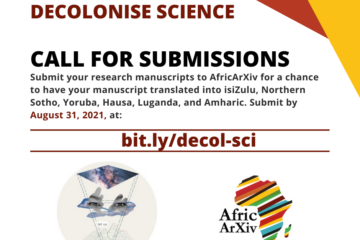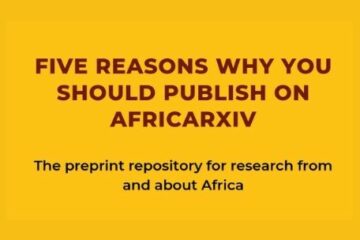Open Access
VAD Conference 2022: AfricArXiv Providing Reciprocal Discoverability of African Research Content
AfricArXiv was represented at the VAD conference 2022 in Freiburg, Germany, organized by the Africa Centre for Transregional Research (ACT) conference focused on the theme of African Europe, reciprocal perspectives and it addressed processes of co-production of knowledge as well as the mutual questioning of different ways. of thinking. African Read more…
